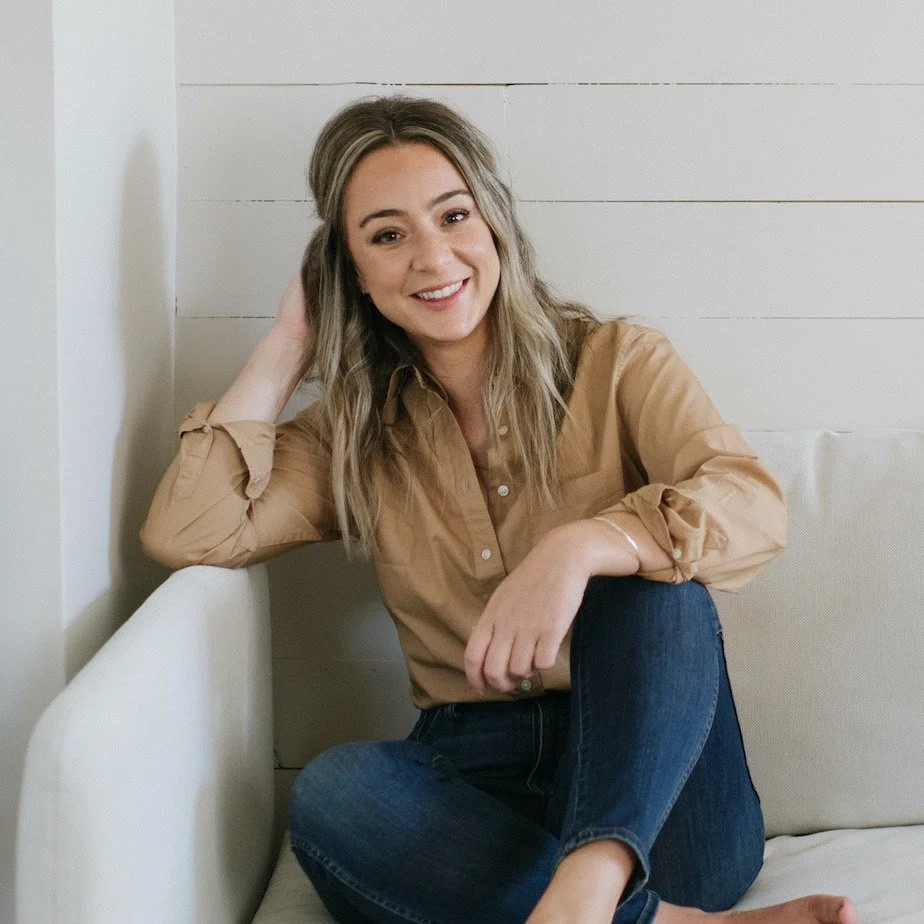
Welcome to Intentional Growth.
It can feel overwhelming trying to choose a counsellor or therapist, so thank you for taking the time to check out my practice.
Hi there. I’m Tymarah (she/her).
I love to work with individuals who:
identify as “very self-aware”
feel like counselling has not been that helpful in the past, or like they have stalled/plateaued with their current therapist
often find themselves over-explaining or justifying themselves to feel better understood
feel frustrated by our systems in place
struggle to identify their emotions and/or how to manage them
don’t feel sure who they really are or like they have lost themselves
are seeking support around depression, anxiety, trauma, ADHD/neurodivergence, challenging family dynamics, a desire for personal growth and change
My personal style of therapy is relaxed and conversational. I like to be comfortable in my sessions both physically and energetically. The vibe is “chill” because we’re doing serious work that deserves safety and comfort. Think comfy couch, feet up on the chair, and permission to speak freely (curse words allowed).
*
I work somatically, and relationally - with a lot of curiosity (I will ask you a lot of questions). I pair knowledge-sharing with skill-building so that you can understand the “why” of what we practice together in session and then practice it in your own daily life. We look further than the presenting issue, to search for what core beliefs are being triggered below. In addition to moving forward, we will go deeper.
*
Trauma therapy is not therapy exclusively for people who have experienced acute traumatic events. Trauma therapy is a style, or modality, of therapy, in the same way that cognitive behavioural therapy (CBT) or psychoanalysis are types of therapy. Trauma therapy applies to- and is appropriate for- anyone and everyone.
In our sessions together we will build trust, use humour, practice directness and healthy communication, and feel genuine connection.
*
I strongly believe that the most important thing about counselling is that there is a good fit between the counsellor and client. For this reason I always offer a 15-minute phone consultation, at no charge to you, so that you can get a better idea of who I am and how we might work together.
"Good management of bad experiences leads to great growth."
— John C. Maxwell
Kallie MacKinnon
Kallie is a new counsellor who completed her practicum under Tymarah’s supervision. Kallie is now happy to offer her professional services at more affordable rates, including sliding scale options, with the same genuine care and quality of work as Tymarah.

